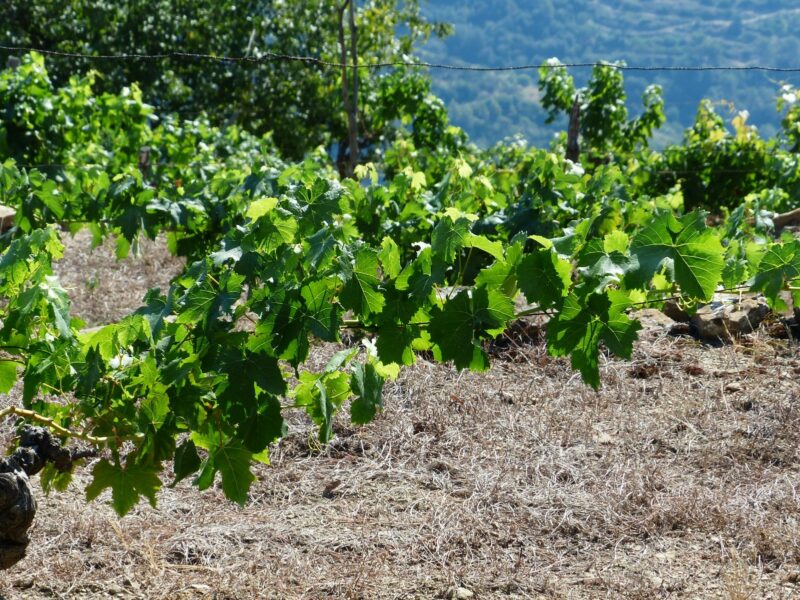
Wild and Wonderful
Sixth Sunday of Easter. Fr Euan Marley preaches on the wildness of the divine Spirit.
I was once visiting a friend who was a day patient in a hospital waiting for a scan. As it turned out, the scan was to reveal the lung cancer that would soon kill him.
I had brought communion. He wasn’t too keen to receive communion in the circumstances. He was sitting on a chair besides his wife in a very busy corridor, with people coming and going.
We went ahead though with all the prayers, and for the duration of his receiving communion, no one came past us. Everything became very still. My friend received communion with great reverence, as he prepared for his ordeal. God makes his own peace, as I said to him at the time.
As Christians, we associate peace with the presence of God. The still quiet places are where we expect to find God, and the Spirit in particular is associated with peace.
The fruit of the Spirit is love, joy and peace. (Gal. 5:22)
So used are we to associate the Holy Spirit with tranquillity, that it comes as a shock to see how often in the Old Testament the Spirit of God is much more seen as a wild presence, a turbulent whirlwind, rather than a gentle breeze.
Samson is taken up by the Spirit of God to work slaughter among the enemies of Israel, Ezekiel is snatched up into the air by the Spirit, and the Psalms talk of the raging wind that God sends among us. (Ps.148:8). Saul is beset by an evil spirit from God.
If we understand this, the passage in the first chapter of Mark, where the Spirit drives Jesus into the desert, is not as surprising as many commentators have thought. This was a more normal view of the Spirit at the time, than the one which the New Testament has taught us.
The Spirit seemed like a wild powerful thing before the incarnation because it is seen as something outside of us. Just as the sins of the chosen people made God appear to be angry, so our own instability makes the Spirit seem more like a storm at sea than a haven of peace.
When John the Baptist in the Gospel of John recognises Jesus as the Messiah, it’s not by the presence of the Spirit as such. That would be nothing new. It’s the way that the Spirit comes that is different.
He on whom you see the Spirit descend and stay is the one who baptizes with the Holy Spirit.
The crucial word is ‘stay’, which speaks of the new stillness and peace which the Messiah alone can reveal. It’s a favourite word of John, and it occurs again in today’s Gospel.
…the Spirit of truth, whom the world cannot receive, because it neither sees him nor knows him; you know him, for he stays with you, and will be in you.
It is the Spirit of God, no longer seen as a thing outside us, but as he truly is, the person of God, not a thing at all, but the unchanging stillness of the divine Trinity.
We cannot perceive the Spirit properly, unless we are thereby drawn into the heart of the Trinity. This is how the Spirit conveys something of its peace to the church.
In that day you will know that I am in my Father, and you in me, and I in you.
As long as we stay back, the Spirit seems to be spinning and twisting, like Ezekiel’s bizarre vision of God:
Wherever the spirit would go, they went, and the wheels rose along with them; for the spirit of the living creatures was in the wheels. (1:20)
It’s as if we were born on a merry-go-round, a carousel, and never having left this, we think that the rest of the world is spinning while we remain perfectly still.
At the incarnation, Jesus jumped onto the carousel, and by his death and resurrection jumped back off, just to show us it could be done. The wild spirit beckons us to follow him. If we make that leap, against all expectations, we will find ourselves on the still rock of solid ground, in a place of stillness.


